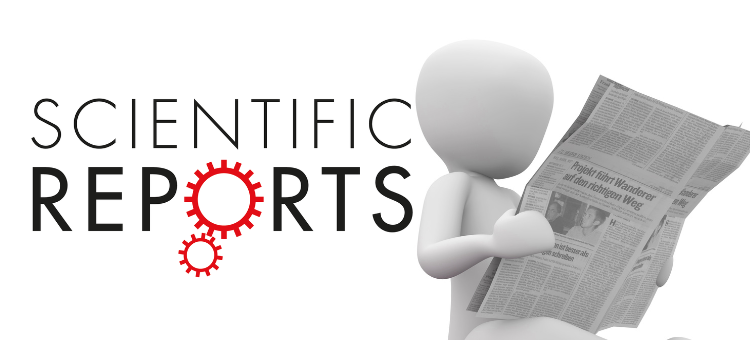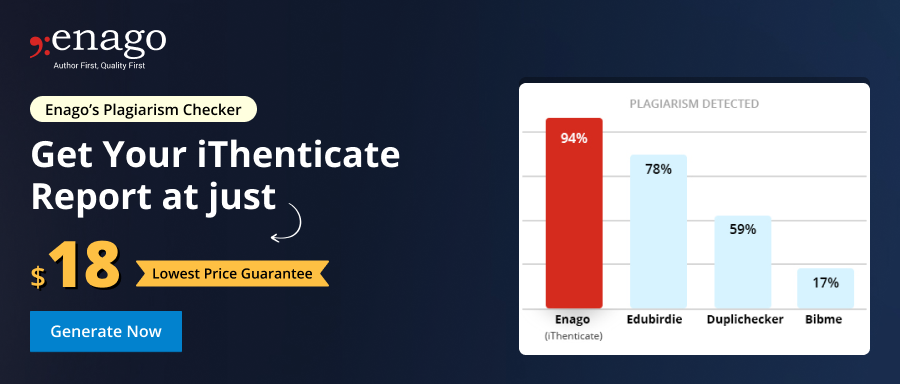19 Scientific Reports Board Members Resign Over Plagiarism Dispute

Update: “Better late than never!” The proverb seems to be very relevant now with the new update on this plagiarism dispute that started long back in November 2017. The journal Scientific Reports has finally accepted its fault, stating its conduct on the plagiarism dispute as “insufficient and inadequate”. It has even agreed to retract the disputed 2016 paper that was initially corrected by the journal itself.
After several members of the editorial board resigned, the journal had set up a senior advisory committee to analyze the plagiarism dispute. This committee has determined that the journal’s decision of correcting instead of retracting the paper was wrong. After reviewing the corrections, the committee members have concluded that the corrections made are not enough and so, the paper needs to be retracted. The retraction notice was issued by the publisher and the paper is embargoed at present. Michael Beer, whose work had been plagiarized, has expressed his satisfaction at the announcement. Steven Salzberg, who initiated the mass resignation, is also pleased with the decision, although concerned about the time taken. He also added that many of the editorial board members who had resigned, may re-join, if approached by the journal itself.
Plagiarism is a serious offence. Universities often train their staff and students to avoid plagiarism. However, there has been a recent allegation of plagiarism in Scientific Reports. Michael Beer, a researcher of Johns Hopkins University, Baltimore, who is also a member of the editorial board of the journal, claims that the article is a rip-off of his own previous work. A number of his colleagues support his call for article retraction and have therefore resigned in order to prove their point.
The Issue of Plagiarism
The paper in question relies on algorithms that Beer published with his team in PLOS Computational Biology. In its original form, the paper cites Beer’s work. However, Beer says that much of the 2016 paper in Scientific Reports simply rewords his PLOS paper. Researchers from the Shenzhen campus of the Harbin Institute of Technology in China had published this paper. The paper described the technique to identify recombination spots in DNA. Beer named the technique used as gkm-SVM. The Chinese authors refer to it as SVM-gkm.
Richard White, the editor of Scientific Reports, agreed that the Chinese authors initially claimed to have developed the algorithm. The paper did not make it clear that they were using an existing technique. The Chinese authors had cited Beer’s manuscript. However, they failed to give references for the five equations taken from Beer’s paper.
Scientific Reports, author guidelines have included a corrigendum to address these issues. Beer thinks this is inappropriate on the part of the journal. He and several of his colleagues believe that this is a simple case of plagiarism and the punishment for plagiarism should be a retraction, not correction.
John Hopkins Researchers Resign
After Scientific Reports decided not to issue a retraction, researchers began to react. Aravinda Chakravarti resigned from the editorial board of Scientific Reports. He said he took this step partly because he was not impressed with the way Scientific Reports handled this case of plagiarism. Chakravarti also shared concerns over the quality of peer review being conducted at Scientific Reports. He revealed that he knows of at least two cases where papers were published without the major concerns of reviewers being acknowledged.
Steven Salzberg, a researcher at Hopkins but not a member of the editorial board of Scientific Reports, organized a campaign when he became aware of the plagiarized article. He got in touch with every member of the Scientific Reports editorial board who was also a Johns Hopkins employee. He wanted to know who all would be willing to resign from the editorial board over this context. So far, 21 editorial board members have signed a letter indicating resignation, in case there is no retraction.
Salzberg also wrote an email to White stating that when a student plagiarizes, he gets a failing grade and may even get expelled. In this case, Scientific Reports has rewarded plagiarism by allowing the authors to make revisions and keep the paper in the literature.
Ted Dawson, a Johns Hopkins neurobiologist, resigned as soon as he became aware of the journal’s decision. He thinks that by allowing the authors to revise the manuscript, Scientific Reports author guidelines is supporting the idea of plagiarism.
Scientific Reports Issues Corrigendum
On the other hand, White has explained that the paper represents an incremental advancement of science and makes an original contribution to academic literature. For this reason, he feels that the paper is of value and should be published. White has said that in its original form, the paper did not give Beer’s work enough credit. It also made claims to novelty that were not true. In light of the contribution of the Chinese paper to the field, White thinks that a retraction is not necessary. The corrigendum has been issued.
Ben Liu, the senior author of the controversial paper, is also a member of the Scientific Reports editorial board. He, however, maintains that his paper was not a plagiarized version of Beer’s paper. According to him, a reputed journal like Scientific Reports will not publish plagiarized work.
Article retractions are not new. They are a way of correcting errors in the field of academic literature. However, this step of Scientific Reports has raised major concerns in the minds of researchers as to how safe is their published work if plagiarism is not met with extreme steps like retraction.
Plagiarism undermines trust in academic publishing and can harm the integrity of research. Tools like a scientific plagiarism checker play a crucial role in safeguarding originality and ensuring ethical publication practices. What do you think about plagiarism? How can you avoid it? Please let us know your thoughts in the comments section below.










